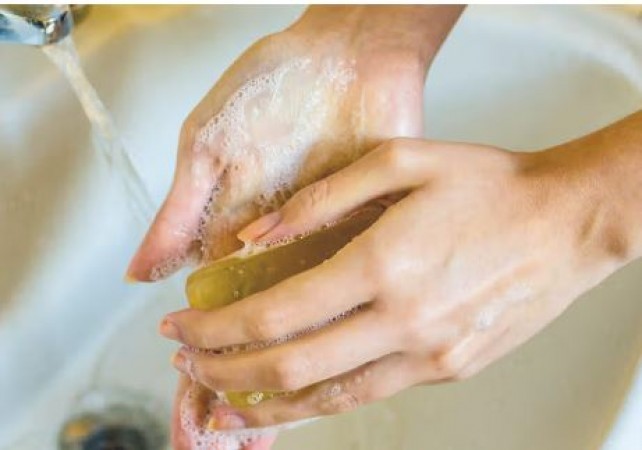
Chemical bleach, a widely used cosmetic product, is designed to lighten or whiten the skin. It contains potent chemicals such as hydrogen peroxide or ammonium persulfate, which act by breaking down the melanin pigment present in the skin. Melanin is responsible for determining skin color and provides protection against harmful UV radiation from the sun.
One of the most common adverse effects associated with chemical bleach is skin irritation. The harsh chemicals present in bleach can cause redness, itching, and discomfort, particularly for individuals with sensitive skin. This irritation may manifest shortly after application or gradually over time with repeated use.
For some individuals, the chemicals in bleach can trigger allergic reactions. These reactions can range from mild to severe and may include symptoms such as swelling, inflammation, rashes, or even blistering. Allergic reactions to bleach can be particularly concerning as they may require medical attention to alleviate symptoms and prevent further complications.
Repeated exposure to chemical bleach can lead to significant damage to the skin's natural barrier. The skin's barrier is essential for retaining moisture and protecting against environmental toxins and pathogens. However, the harsh chemicals in bleach can disrupt this barrier, leading to dryness, flakiness, and increased sensitivity. Over time, prolonged use of bleach may compromise the skin's ability to repair itself, resulting in long-term damage.
Ironically, while the primary purpose of using bleach is to lighten the skin, excessive or improper use can lead to the opposite effect – hyperpigmentation. Hyperpigmentation refers to the darkening of certain areas of the skin and can occur as a result of irritation or inflammation caused by bleach. In some cases, the skin may produce more melanin in response to the trauma caused by bleach, leading to patches of darkened skin that are difficult to reverse.
Perhaps the most severe consequence of using chemical bleach is the risk of chemical burns. Chemical burns occur when the skin is exposed to corrosive substances that cause tissue damage and destruction. Improper application of bleach or leaving it on the skin for too long can result in burns, which are characterized by redness, swelling, pain, and in severe cases, blistering and scarring. Chemical burns require immediate medical attention to prevent infection and minimize long-term damage to the skin.
For those seeking alternatives to chemical bleach, natural remedies offer a gentler approach to skin lightening. Ingredients such as lemon juice, yogurt, or honey have natural bleaching properties and can help lighten dark spots and uneven skin tone without causing irritation or damage. These natural ingredients are also rich in antioxidants and vitamins that nourish the skin and promote overall skin health.
Sun protection is crucial for maintaining skin health and preventing further darkening of the skin. Sunscreen with a high SPF should be applied daily to protect the skin from harmful UV rays and minimize the risk of sun-induced hyperpigmentation. Additionally, wearing protective clothing, such as hats and long sleeves, can further shield the skin from sun damage.
For individuals seeking more intensive skin-lightening treatments, consulting a dermatologist for professional options is recommended. Procedures such as laser therapy, chemical peels, or microdermabrasion can effectively lighten dark spots and improve overall skin texture and tone. These treatments are performed under the supervision of a trained medical professional and are tailored to individual skin types and concerns, minimizing the risk of adverse effects.
While chemical bleach may offer temporary skin-lightening effects, its risks outweigh the benefits. The potential for skin irritation, allergic reactions, damage, hyperpigmentation, and chemical burns highlights the importance of prioritizing skin health and safety. By exploring alternative options such as natural remedies, sun protection, and professional treatments, individuals can achieve a radiant complexion without compromising the integrity of their skin. It's essential to approach skin care with caution and seek guidance from dermatological experts to ensure optimal results and minimize the risk of adverse effects.
Garlic spinach is best for lunch to dinner, it is prepared very easily
Eat These 5 Foods During Pregnancy for the Health of Both Mother and Child
You also have the habit of applying mascara again and again! These losses can occur